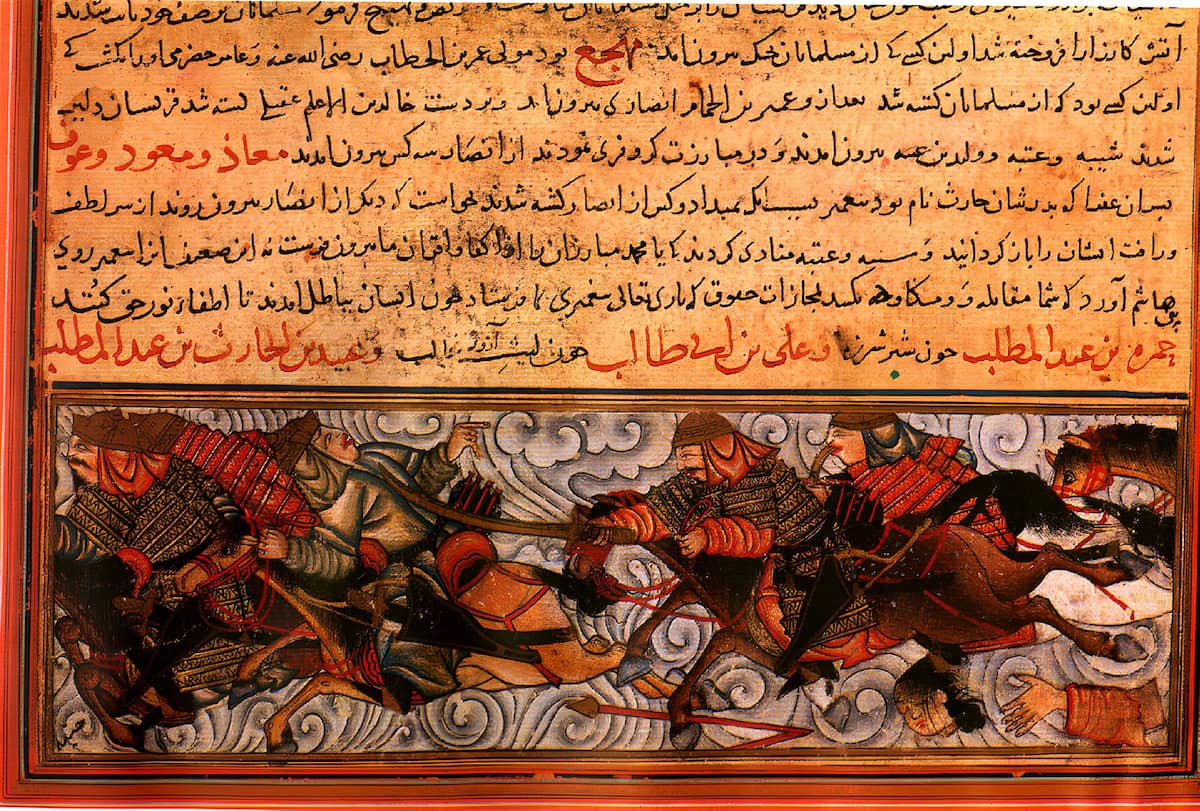Battle of Badr: Muhammad’s Leadership at Badr
The Battle of Badr is significant in Islamic history as it was the first major military engagement between the early Muslim community in Medina and the Quraysh tribe of Mecca.

The Battle of Badr is significant in Islamic history as it was the first major military engagement between the early Muslim community in Medina and the Quraysh tribe of Mecca.



